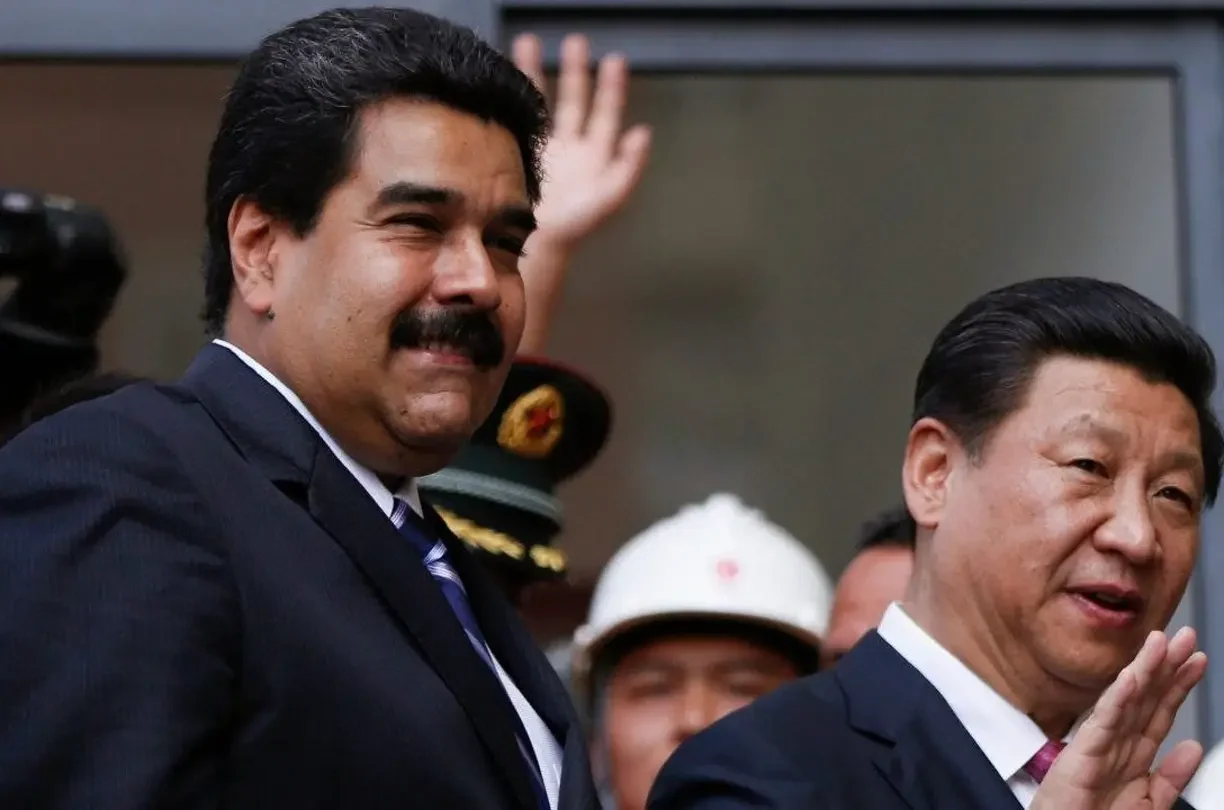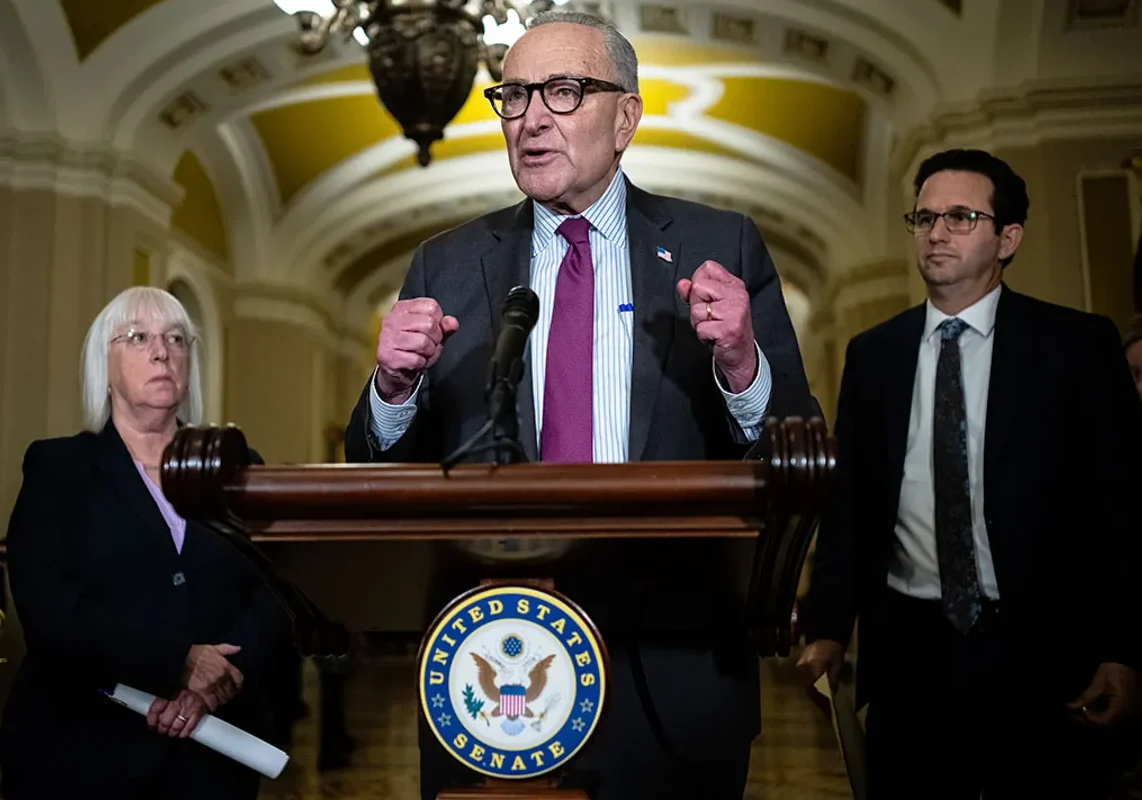The FBI’s internal tensions have reached a boiling point and now marks a critical juncture. That’s when every FBI agent is expected to complete a 12-question survey that could have major implications for the future of the bureau.
The survey, mandated by the Justice Department’s acting deputy AG, Emil Bove, is designed to reveal how the agency allocated its resources during the extensive investigations into the January 6 Capitol riot. While the task seems straightforward—detailing involvement in arrests, surveillance, subpoenas, and trial work—it’s creating a whirlwind of anxiety.
Why? Because this isn’t just about logistics. This is about power, accountability, and the political undercurrents that have gripped federal law enforcement for years. The incoming administration, led by President Donald Trump in his second term, has made no secret of its intention to “depoliticize” the FBI. In Washington, that’s a loaded term, often translated as “cleaning house.” Naturally, whispers of mass firings have spread like wildfire, with some agents fearing they’ll be labeled disloyal and purged.
Complicating matters, some field office leaders have reportedly encouraged agents not to complete the survey, arguing that higher-ups should handle any fallout. But let’s be honest—obstructing an internal review is hardly a wise move. There’s nothing illegal about the questionnaire. It’s simply a manpower audit aimed at evaluating whether the FBI overcommitted its resources to the January 6 investigation at the expense of more pressing national security matters, like counterterrorism or anti-trafficking operations.
Critics say the probe is politically motivated. Maybe it is. But politics often drives change in federal institutions, especially when there’s been a visible shift in priorities. Even during the initial stages of the January 6 investigation, there were concerns that the FBI had shifted too many agents from critical assignments to focus on misdemeanor trespassers. If that’s true, then gathering data on resource allocation isn’t just sensible—it’s essential.
What Bove and the Justice Department are after isn’t just a headcount. They’re looking for comparative insights: How many agents were dedicated to investigating pro-life activists under the FACE Act versus protecting pro-life centers under attack? How did manpower for January 6 prosecutions compare to counterespionage efforts? The answers could justify sweeping changes within the FBI, including potential reassignments or leadership restructuring.
🚨 FBI IGNORED REAL CRIMINALS TO PUSH THE J6 NARRATIVE 🚨
CNN reports that over 5,000 FBI employees—nearly half of all agents—were assigned to January 6th investigations, making it the biggest DOJ probe in history. Meanwhile, drug traffickers, human smugglers, and violent…
— Joe Portman (@RealJoePortman) February 4, 2025
As for the dreaded mass firings? While it’s possible, it’s more likely that any cuts will target key decision-makers and senior officials responsible for directing the bureau’s priorities. Top-tier agents involved in shaping the investigation strategy could be on the chopping block, but the idea of firing thousands of rank-and-file agents seems far-fetched. Doing so would create its own political and operational nightmare.
For now, the agents’ best option is compliance. Obstruction will only raise more questions and could even lead to disciplinary action. If the incoming administration wants to depoliticize the FBI, gathering data on past practices is a logical first step. But one thing’s clear: any major structural shake-ups won’t happen quietly. As the clock ticks, the future of the FBI is poised for a reckoning—and the fallout could reshape federal law enforcement for years to come.



